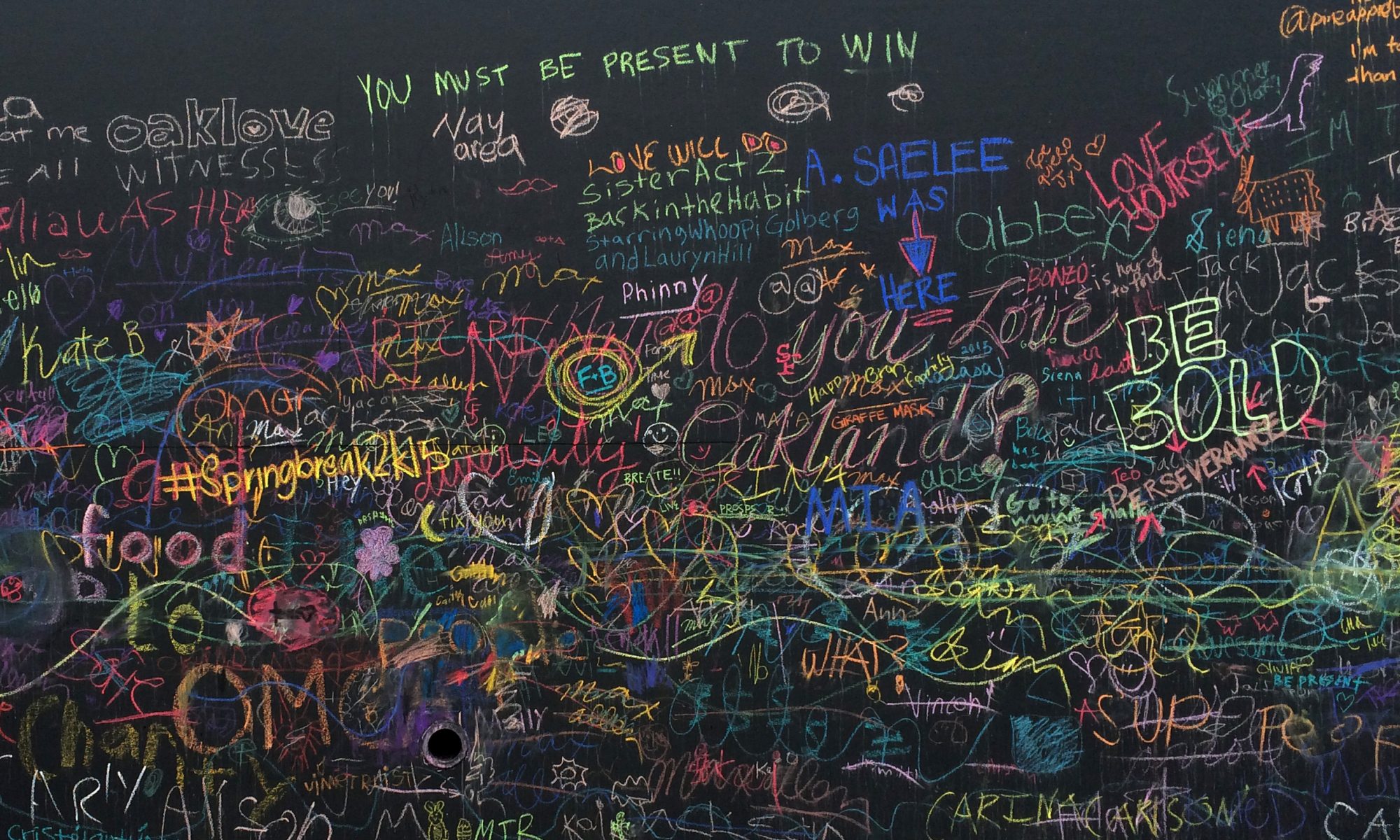I relish telling the story of how I used to be a registered Republican. It’s good for shock value, considering that today I’m a flaming California liberal! Even better, I was a Teen Age Republican in Arizona, a state infamous for its peculiar politics. Forget drunken bonfires in the desert, this was how I my misspent my youth.
Reader, I rush to reassure you I was never socially conservative. My issues were strictly states’ rights and fiscal responsibility. This isn’t a story about how I had to open my heart. It’s a story of having to open my eyes.
More on that later.
To demonstrate how seriously I took all of this: On my 18th birthday, I drove an hour and a half to register to vote at the Barry M. Goldwater Republican headquarters in Phoenix. Time was of the essence, as the gubernatorial runoff election occurred a mere 6 days later and I could barely squeak under the registration deadline. My motivation had more to do with wanting to participate than excitement for the Republican candidate himself, Fife Symington III. (Fun fact: He won and later resigned over convictions for bank fraud, which is so Arizona.)
I learned political awareness at home. My family was the kind that frequently talked politics and history at the dinner table. While we weren’t activists, being a good citizen and doing one’s civic duty was a cornerstone of our family ethos. Mom is a centrist Democrat, radically pro-choice and in favor of strong social and health care services, but I wouldn’t describe her as liberal. Dad was a pro-gun and pro-choice Republican who leaned Libertarian and read too much Ayn Rand. They regaled us with stories of the 60s and 70s — my favorite was my mom’s sorority house mother getting in trouble for wearing a black arm band when Goldwater lost.
So there we were, a group of suburban white teens waxing philosophic about virtues of capitalism and the perils of government. We were heavily influenced by Reaganomics. We believed a free market would solve problems with greater integrity and efficiency than government ever could. We believed in a safety net, but a very thin one, just enough to keep people from falling in that moment and no more. We believed the world was a meritocracy and hard work was all you needed to get ahead. We believed unions had served their place and were now just getting in the way.
This continued until I left for college in Indiana. There, everything would change.
To be continued! Part II.
